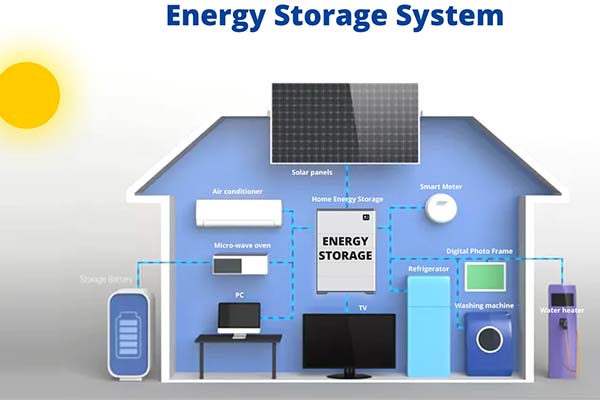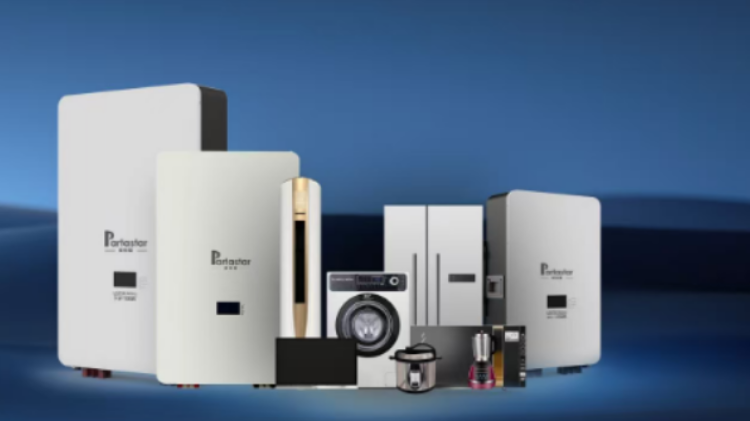Lithium Stackable Home Battery power stations have gained significant popularity in recent years as reliable and portable sources of energy. These power stations have become essential for a wide range of applications, from outdoor adventures and camping trips to emergency backup power during blackouts. However, determining the appropriate wattage for a lithium Stackable Home Battery power station can be a confusing task. In this article, we will explore the factors to consider and provide a clear understanding of how many watts you may need in a lithium Stackable Home Battery power station.
Understanding Watts and Power Consumption:
Before delving into the wattage requirements, it is important to understand the concept of watts and power consumption. Watts (W) measure the rate at which electrical energy is consumed or produced. It signifies the amount of power required to operate an electrical device or system effectively. Power consumption varies across different devices and appliances, and it is typically indicated in watts.
Determining Your Power Needs:
To determine the appropriate wattage for your lithium Stackable Home Battery power station, you need to assess your power needs accurately. Start by making a list of the devices and appliances you intend to power using the power station. Consider their individual power ratings, usually stated in watts or amps.
1. Identifying Power Ratings:
Review the power ratings or labels on your devices or appliances to determine their power consumption. For devices that list amperage (A) instead of watts, you can calculate the wattage using the formula: Watts = Volts × Amps.
2. Estimating Runtime:
Next, estimate the runtime you require for each device or appliance. This will depend on how long you anticipate using each item with the power station. Multiply the power consumption of each device by the estimated runtime to calculate the energy required in watt-hours (Wh).

3. Total Power Calculation:
Sum up the energy requirements (in watt-hours) for all the devices and appliances to obtain the total power needed. This value will serve as a guideline for selecting an appropriate lithium Stackable Home Battery power station.
Considerations for Selecting a Lithium Stackable Home Battery Power Station:
When selecting a lithium Stackable Home Battery power station, it is crucial to consider a few additional factors:
1. Safety Margin:
It is advisable to choose a power station that offers a higher wattage capacity than your calculated total power needs. This safety margin accounts for potential fluctuations in power consumption or unexpected additional requirements. A power station with a higher wattage capacity ensures that you have ample power available when needed.
2. Expandability:
If you anticipate future power needs or plan to add more devices to your setup, it is wise to select a lithium Stackable Home Battery power station that allows for expandability. Some models offer the flexibility to add extra Stackable Home Battery modules or connect multiple power stations in parallel to increase the overall power capacity.
3. Portability and Weight:
Consider the portability and weight of the power station, especially if you intend to carry it for outdoor activities. Lighter and more compact models are easier to transport, while bulkier units tend to offer higher power capacities.
Determining the appropriate wattage for a lithium Stackable Home Battery power station requires careful consideration of your specific power needs. By identifying the power ratings of your devices, estimating runtime, and calculating the total power requirements, you can make an informed decision. Remember to include a safety margin and consider factors like expandability, portability, and weight when selecting a power station. By following these guidelines, you can ensure that your lithium Stackable Home Battery power station meets your power demands effectively, whether you are on an outdoor adventure or facing an emergency situation.



